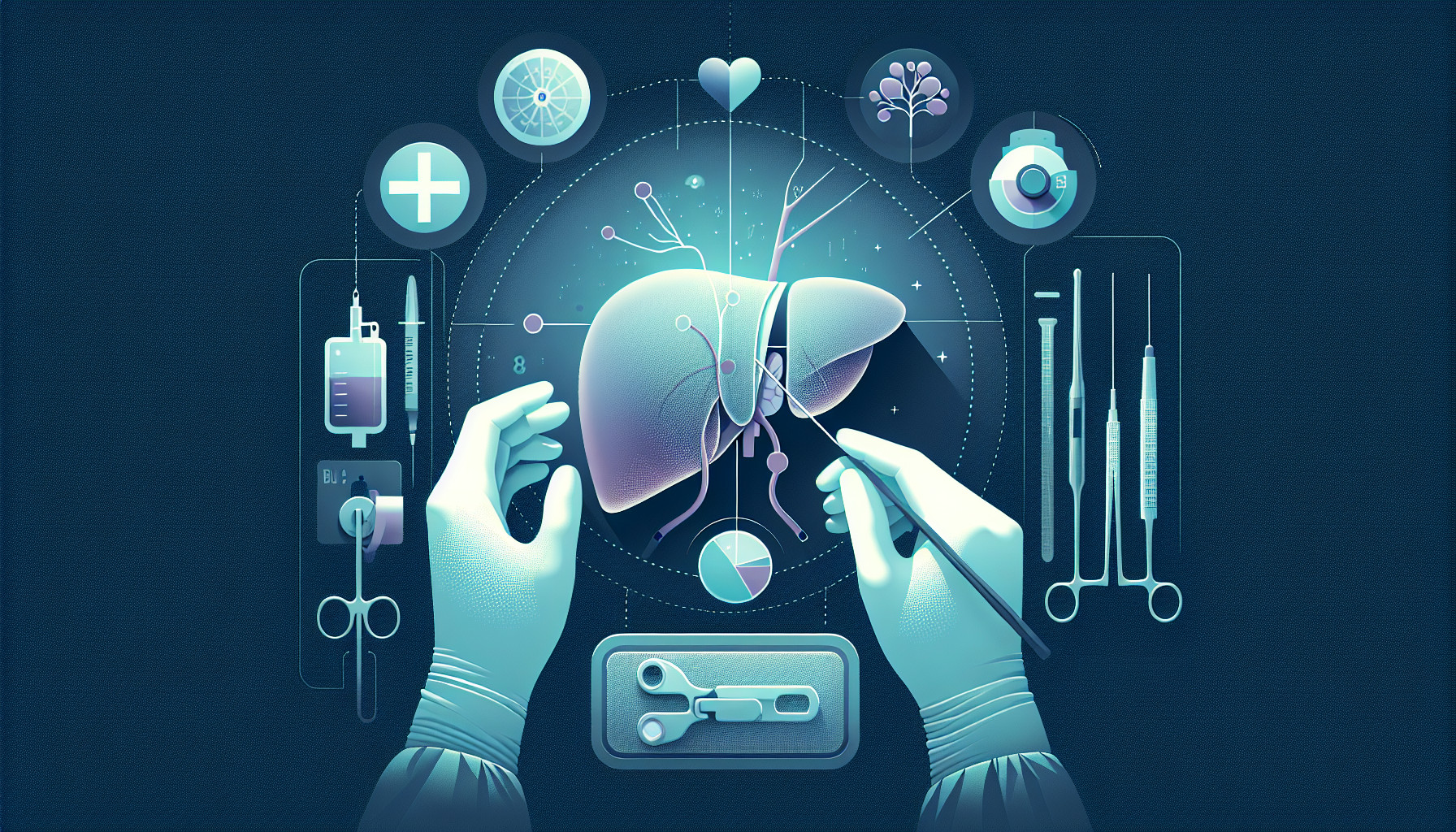Our Summary
This research paper discusses the importance of immunity against Hepatitis B virus (HBV) in children who need, or have had, a liver transplant. Hepatitis B is a serious disease that can cause major damage to the liver and even lead to death. It is preventable through vaccination, but the study found that even some kids who got the vaccine still didn’t have strong immunity against the virus. This is particularly a problem for children who need a liver transplant, as their immune systems are already weakened.
The paper suggests that doctors should regularly test these kids for their level of immunity against Hepatitis B and give them booster shots or re-vaccinate them if needed. It’s crucial that these children have strong immunity against the virus both before and after their transplant.
The study also points out that the liver plays a crucial role in the body’s immune system. It helps clear harmful substances from the body and creates memory cells that aid in fighting off infections. When a child has liver disease, certain immune cells are reduced, making it even more important to ensure they are adequately protected against viruses like Hepatitis B.
In conclusion, the researchers believe more studies should be done to understand why some children have a poor immune response to the Hepatitis B vaccine, and how to improve this. This could greatly help the field of pediatric transplantation.
FAQs
- What is the significance of HBV infection in the pediatric liver transplant population?
- How can adequate HBV immunity be achieved in children undergoing liver transplants?
- What recent findings have emerged regarding HBV non-immunity among transplant candidates?
Doctor’s Tip
A helpful tip a doctor might tell a patient about pediatric liver transplant is to ensure that their child receives the hepatitis B vaccine and undergoes regular screening for HBV immunity. Even if the child has completed the vaccine series, it is important to monitor their antibody levels and administer booster shots if necessary to maintain protection against HBV infection. Additionally, maintaining overall good health and following a recommended vaccination schedule can help optimize outcomes for pediatric liver transplant patients.
Suitable For
Patients who are typically recommended for pediatric liver transplant include those with end-stage liver disease due to conditions such as biliary atresia, metabolic liver disease, autoimmune hepatitis, and acute liver failure. Additionally, patients with chronic hepatitis B virus (HBV) infection may also be recommended for liver transplant if they have developed complications such as cirrhosis or liver cancer.
It is important for pediatric liver transplant candidates to have adequate immunity against HBV, as insufficient immunity can lead to severe complications post-transplant. Therefore, it is crucial for these patients to receive appropriate vaccination and screening measures to ensure they have sufficient protection against HBV.
Overall, achieving adequate immunity against HBV is essential for pediatric liver transplant candidates to prevent complications and improve outcomes post-transplant. Further research is needed to better understand factors that may impact immune response to vaccination in this population and to develop strategies to optimize immunoprotection in pediatric liver transplant recipients.
Timeline
Before pediatric liver transplant:
- Child may have been diagnosed with a liver disease or condition that is not responding to other treatments
- Child may experience symptoms such as jaundice, fatigue, weight loss, and abdominal pain
- Child may undergo various tests and evaluations to determine if a liver transplant is necessary
- Child may be placed on a waiting list for a suitable donor liver
- Child may receive vaccinations and screening measures to ensure adequate immunity against hepatitis B virus
After pediatric liver transplant:
- Child undergoes surgery to receive a new liver from a donor
- Child will stay in the hospital for monitoring and recovery
- Child will be on immunosuppressant medications to prevent rejection of the new liver
- Child will be closely monitored for signs of rejection and infection
- Child may need to undergo physical therapy and rehabilitation to regain strength and function
- Child will need to continue regular follow-up appointments with healthcare providers to monitor the new liver and overall health.
What to Ask Your Doctor
What is the significance of HBV infection in pediatric liver transplant patients?
How common is HBV non-immunity among pediatric liver transplant candidates?
What measures can be taken to achieve adequate HBV immunity in pediatric liver transplant patients?
How often should HBV surface antibody levels be monitored in pediatric liver transplant patients?
When should booster vaccinations or re-vaccination be considered for pediatric liver transplant patients?
How does the liver’s role in immune regulation impact HBV immunity in pediatric liver transplant patients?
What factors may predict a poor immune response to childhood vaccines, including HBV, in pediatric liver transplant patients?
Are there any specific considerations or precautions that should be taken regarding HBV vaccination in pediatric liver transplant patients compared to the general population?
How important is it to maintain HBV immunity in aging pediatric liver transplant recipients?
Are there any ongoing studies or research in the field of pediatric transplantation that may impact HBV immunity and vaccination strategies in pediatric liver transplant patients?
Reference
Authors: Patel SS, Leung DH. Journal: Curr Opin Pediatr. 2016 Oct;28(5):653-8. doi: 10.1097/MOP.0000000000000391. PMID: 27367054
